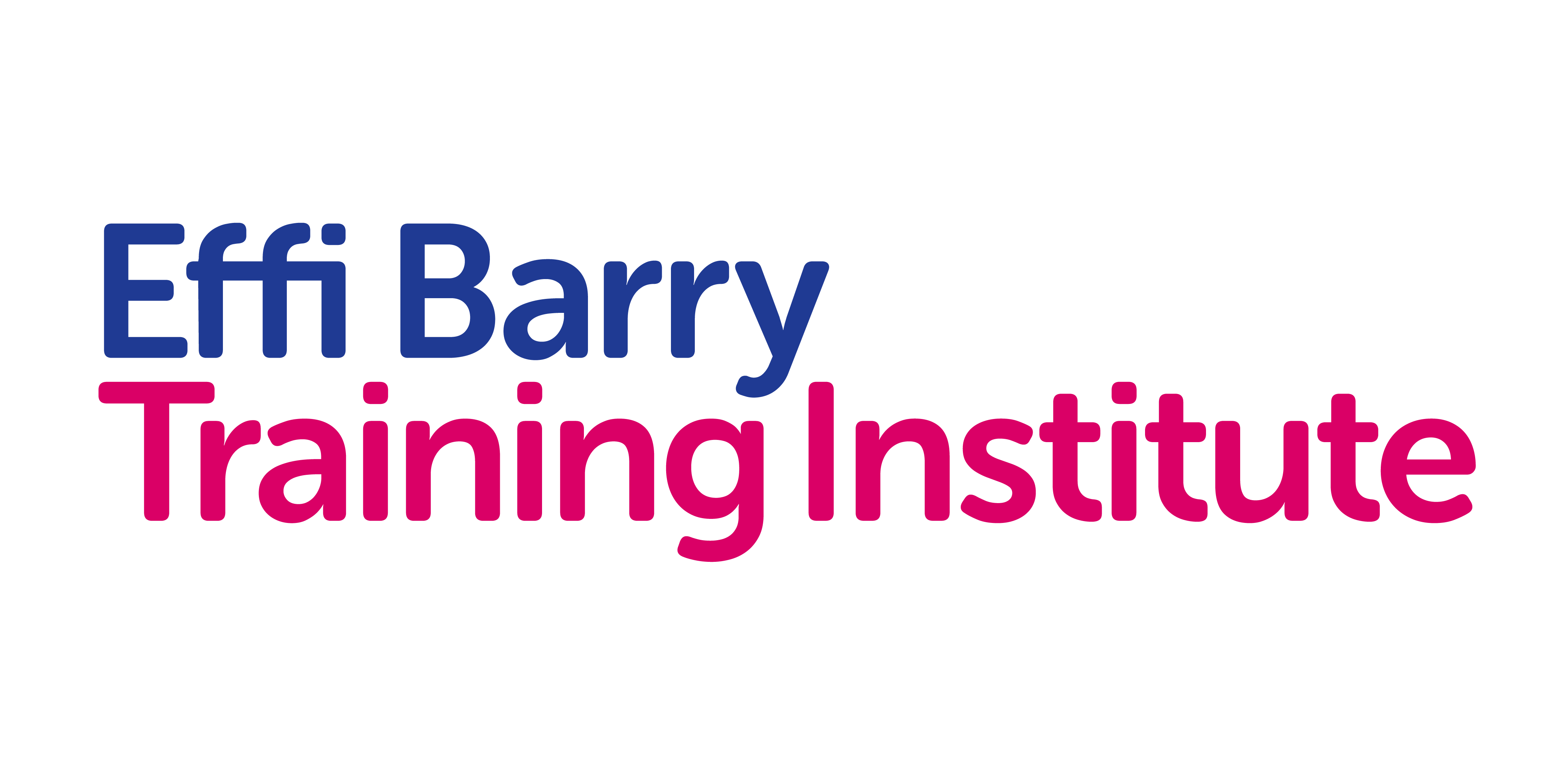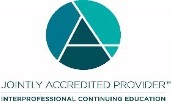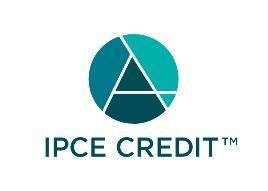

**NOTE: This course is no longer offering CE credits.**
Course Description: The Generation Zero: Transformative Strategies to Reduce HIV Transmission in Youth webinar is designed to provide an in-depth exploration of innovative and effective strategies including comprehensive sexual education, community engagement, and the integration of technology in outreach efforts aimed at reducing HIV transmission and promoting viral suppression among youth. Additionally, the course will highlight the importance of stigma reduction, mental health support, and access to healthcare services in fostering a supportive environment for young individuals. Participants will learn about best practices that address the unique challenges and opportunities faced by young people in the context of HIV prevention and treatment.
This course is jointly provided by Postgraduate Institute for Medicine and HealthHIV.
Release Date: January 21, 2025
Expiration Date: January 21, 2026
UAN: JA4008162-9999-25-067-L02-P
Target Audience
This activity is intended for physicians, pharmacists, registered nurses, PAs, psychologists, social workers and other healthcare providers engaged in the care of patients with HIV.
Educational Objectives
After completing this activity, the participant should be better able to:
- Explain the factors that contribute to youth’s risk for HIV acquisition challenges in prevention and treatment.
- Identify multimodal strategies to promote effective engagement in prevention and treatment for youth.
- Explain the importance of fostering a supportive environment for youth through stigma reduction, mental health support, and access to healthcare services.
Faculty
Dr. Allison L. Agwu, MD, ScM, FAAP, FIDSA is Professor of pediatric and adult infectious diseases at the Johns Hopkins University School of Medicine. Dr. Agwu's clinical and research interests focuses on children, adolescents, and young adults who are at-risk or living with HIV and their families. Clinically, she provides inpatient and outpatient pediatric infectious diseases' consultations and leads the Pediatric Adolescent HIV/AIDS Program, which provides multidisciplinary for those living with or affected by HIV. Further, she leads the young adult transition clinic, the Accessing Care Early (ACE) Clinic. Both programs are longstanding Ryan White Federal Grant-funded programs. She is a member of the Infectious Diseases Society of America, the Pediatric Infectious Diseases Society, and the American Academy of Pediatrics. Dr. Agwu is Chair of the HIV Medicine Association.
Disclosure of Conflicts of Interest
Postgraduate Institute for Medicine (PIM) requires faculty, planners, and others in control of educational content to disclose all their financial relationships with ineligible companies. All identified conflicts of interest (COI) are thoroughly vetted and mitigated according to PIM policy. PIM is committed to providing its learners with high quality accredited continuing education activities and related materials that promote improvements or quality in healthcare and not a specific proprietary business interest of an ineligible company.
The faculty reported the following relevant financial relationships with ineligible entities related to the educational content of this CE activity:
The faculty presenter has nothing to disclose.
The PIM planners and others have nothing to disclose. The HealthHIV planners and others have nothing to disclose.
Joint Accreditation Statement
 In support of improving patient care, this activity has been planned
and implemented by the Postgraduate Institute for Medicine and HealthHIV. Postgraduate Institute for Medicine is
jointly accredited by the Accreditation Council for Continuing Medical
Education (ACCME), the Accreditation Council for Pharmacy Education (ACPE), and
the American Nurses Credentialing Center (ANCC), to provide continuing
education for the healthcare team.
In support of improving patient care, this activity has been planned
and implemented by the Postgraduate Institute for Medicine and HealthHIV. Postgraduate Institute for Medicine is
jointly accredited by the Accreditation Council for Continuing Medical
Education (ACCME), the Accreditation Council for Pharmacy Education (ACPE), and
the American Nurses Credentialing Center (ANCC), to provide continuing
education for the healthcare team.
Physician Continuing Medical Education
The Postgraduate Institute for Medicine designates this live activity for a maximum of 1.0 AMA PRA Category 1 Credit(s)™. Physicians should claim only the credit commensurate with the extent of their participation in the activity.
Continuing Nursing Education
The maximum number of hours awarded for this Continuing Nursing Education activity is 1.0 contact hours.
Continuing Pharmacy Education
Postgraduate Institute for Medicine designates this continuing education activity for 1.0 contact hour(s) (.1 CEUs) of the Accreditation Council for Pharmacy Education.
Continuing Physician Assistant Education

Postgraduate Institute for Medicine has been authorized by the American Academy of PAs (AAPA) to award AAPA Category 1 CME credit for activities planned in accordance with AAPA CME Criteria. This activity is designated for 1.0 AAPA Category 1 CME credits. PAs should only claim credit commensurate with the extent of their participation.
Continuing Social Work Education
![]() As a Jointly Accredited Organization, Postgraduate Institute for Medicine is approved to offer social work continuing education by the Association of Social Work Boards (ASWB) Approved Continuing Education (ACE) program. Organizations,
not individual courses, are approved under this program. State and provincial
regulatory boards have the final authority to determine whether an individual
course may be accepted for continuing education credit. Postgraduate Institute
for Medicine maintains responsibility for this course. Social workers
completing this course receive 1.0 Clinical continuing education credits.
As a Jointly Accredited Organization, Postgraduate Institute for Medicine is approved to offer social work continuing education by the Association of Social Work Boards (ASWB) Approved Continuing Education (ACE) program. Organizations,
not individual courses, are approved under this program. State and provincial
regulatory boards have the final authority to determine whether an individual
course may be accepted for continuing education credit. Postgraduate Institute
for Medicine maintains responsibility for this course. Social workers
completing this course receive 1.0 Clinical continuing education credits.
Continuing Psychologist Education
Continuing Education (CE) credits for psychologists are provided through the co-sponsorship of the American Psychological Association (APA) Office of Continuing Education in Psychology (CEP). The APA CEP Office maintains responsibility for the content of the programs.
Credit Designation
This program offers 1.0 continuing education credits for psychologists.
Interprofessional Continuing Education

This activity was planned by and for the healthcare team, and learners will receive 1.0 Interprofessional Continuing Education (IPCE) credit for learning and change.
Disclosure of Unlabeled Use
This educational activity may contain discussion of published and/or investigational uses of agents that are not indicated by the FDA. The planners of this activity do not recommend the use of any agent outside of the labeled indications. The opinions expressed in the educational activity are those of the faculty and do not necessarily represent the views of the planners. Please refer to the official prescribing information for each product for discussion of approved indications, contraindications, and warnings.
Disclaimer
Participants have an implied responsibility to use the newly acquired information to enhance patient outcomes and their own professional development. The information presented in this activity is not meant to serve as a guideline for patient management. Any procedures, medications, or other courses of diagnosis or treatment discussed or suggested in this activity should not be used by clinicians without evaluation of their patient's conditions and possible contraindications and/or dangers in use, review of any applicable manufacturer's product information, and comparison with recommendations of other authorities.